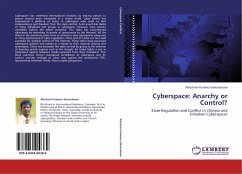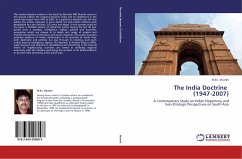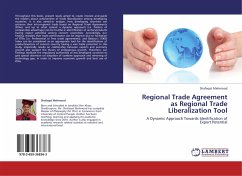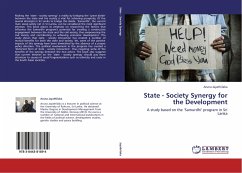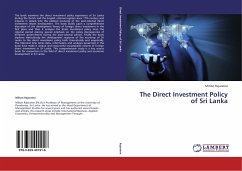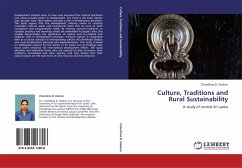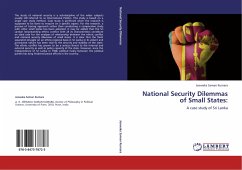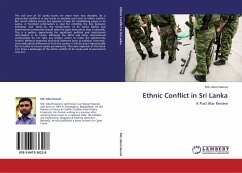Cyberspace has redefined international relations by making person to person contact more immediate in a virtual world. Cyber power has empowered a plethora of actors in cyberspace who want to find independence and freedom from the state control. Such anarchical claims of many individuals and groups in cyberspace, however, have proven unrealistic before the state's presence. The state has encountered cyberspace by extending its power of governance to the Internet. All the states in the world use some form of control in their cyberspaces using one or many mechanisms of cyber regulation. China and Sri Lanka are two vivid examples for political control of the Internet. These states have perceived cyberspace activism and politics as a threat to their national security and sovereignty. China has increased the state control by going to the extreme of banning search engines such as the Google. Sri Lanka fights a war in cyberspace against Diaspora Tamils uprooted from their homeland. Thisbook examines China s panoptical surveillance of cyberspace and Sri Lanka s counter strategy of cyber war against the secessionist LTTE, representing Srilankan Tamils, from a realist perspective.

